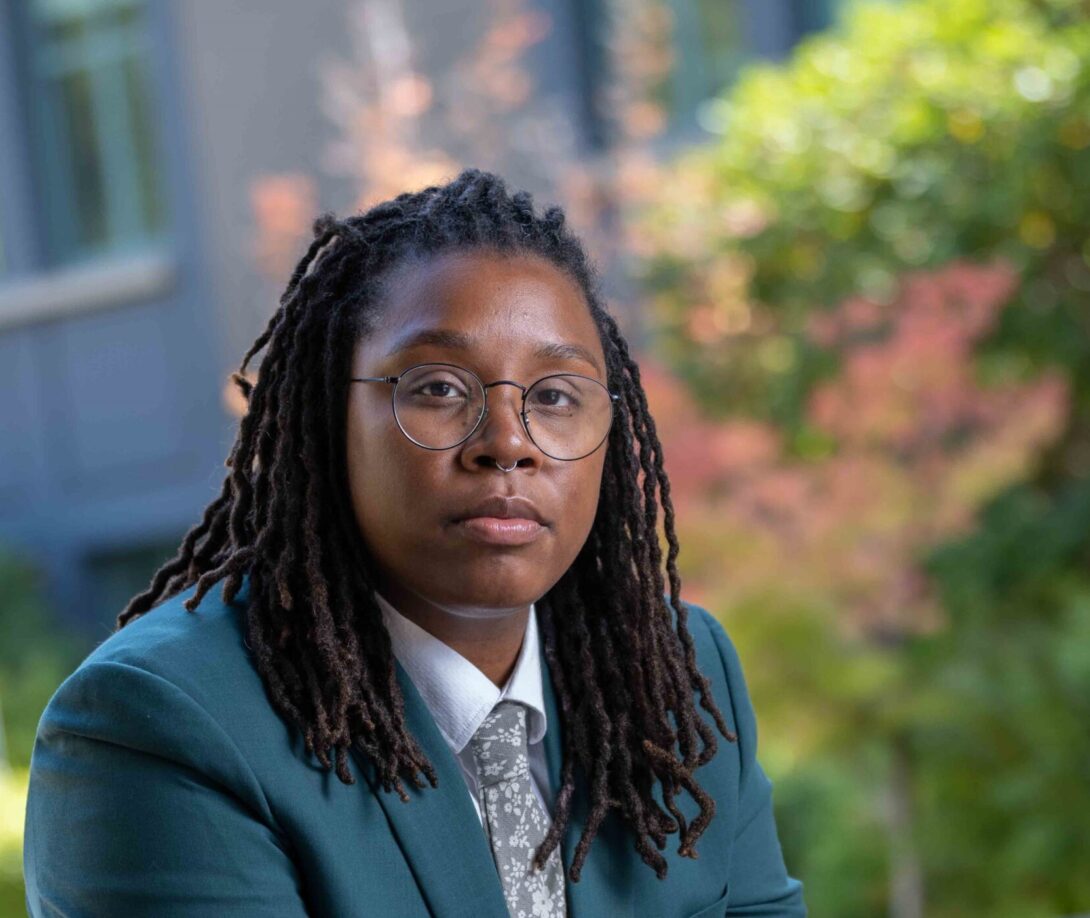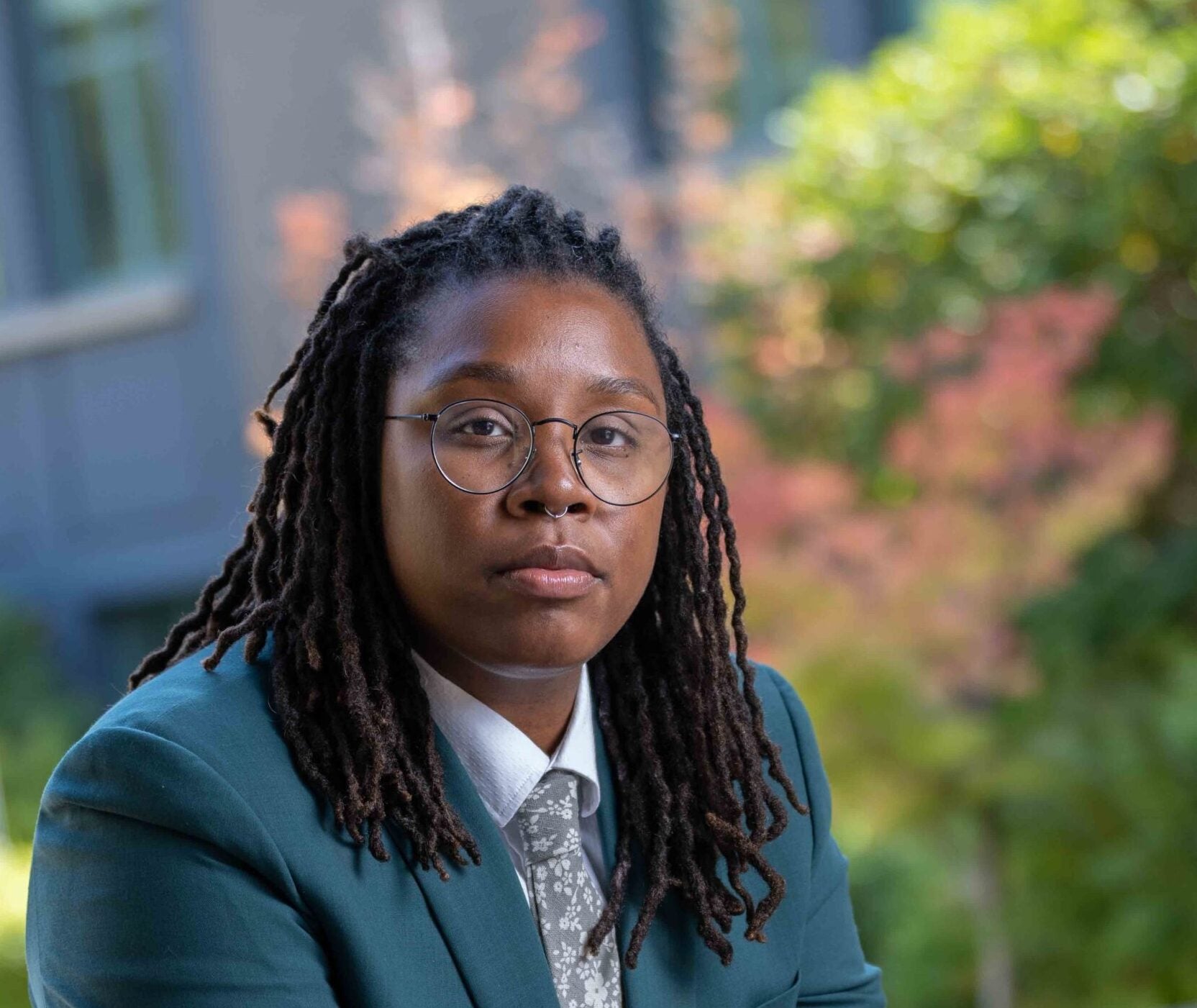The Black Scholar Series: Dr. Sa-kiera “Kiera” Hudson (Special Session)
Balancing Work and Life In Spaces not Built for You
April 16, 2024
3:00 PM - 4:00 PM America/Chicago
Calendar
Download iCal File
Today I want to have a conversation about how to pursue our scholarly goals without sacrificing your sense of self. It’s important for all scholars, but it’s even more important when you have to manage these tensions as a minoritized person within academia. I am first going to talk about the difference between approaching work-life balance like juggling or cooking. Next, I am going to talk about barriers to balance, and in particular one big one, imposter syndrome. However, there are two types and we often only hear one form articulated. Then we are going to talk about overcoming barriers to imposter syndrome through rejecting many of the norms of academia that were created for only one type of scholar. Finally, I am going to end with more of a broad overview on how to approach planning.
Date posted
Aug 22, 2023
Date updated
Aug 22, 2023
Speakers
